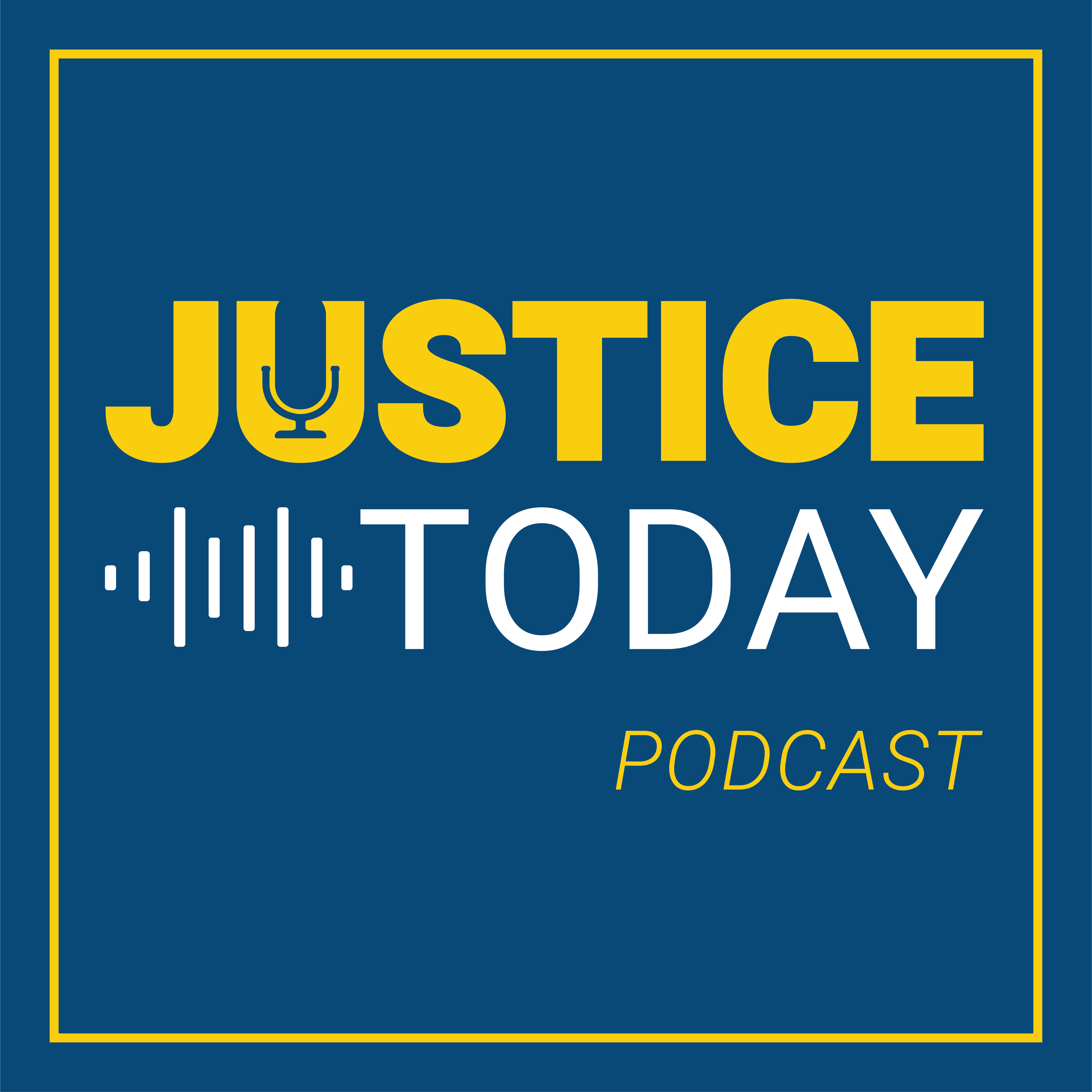Cold Cases and Serial Killers, Part 1
In April 2018, the Golden State Killer, Joseph DeAngelo was arrested. NIJ support helped lead to his arrest, and in the aftermath of the arrest, NIJ Social Science Analyst Eric Martin was among those tasked with finding other cases NIJ helped law enforcement solve. Eric joins the show to talk about some of those cases, and answer some broader questions about serial killers: What is a serial killer? Are they on the rise? How do we know how many serial killers are currently active?





